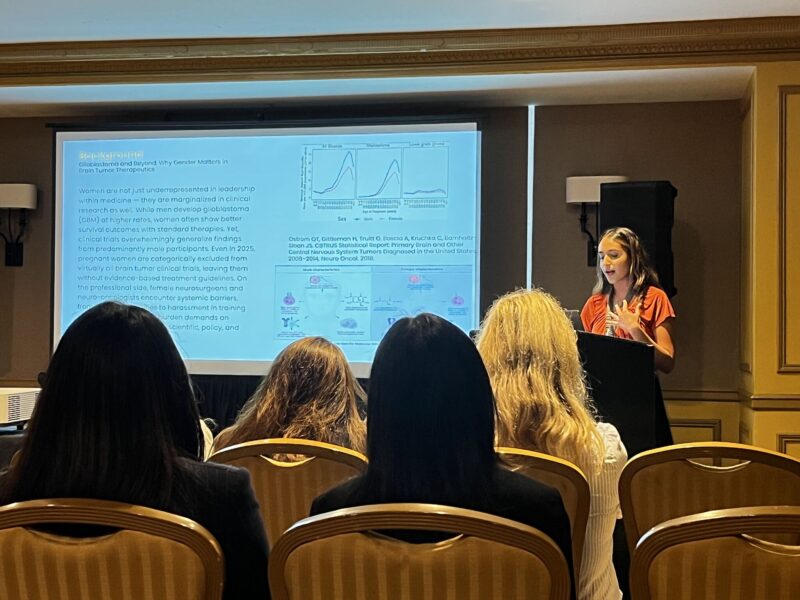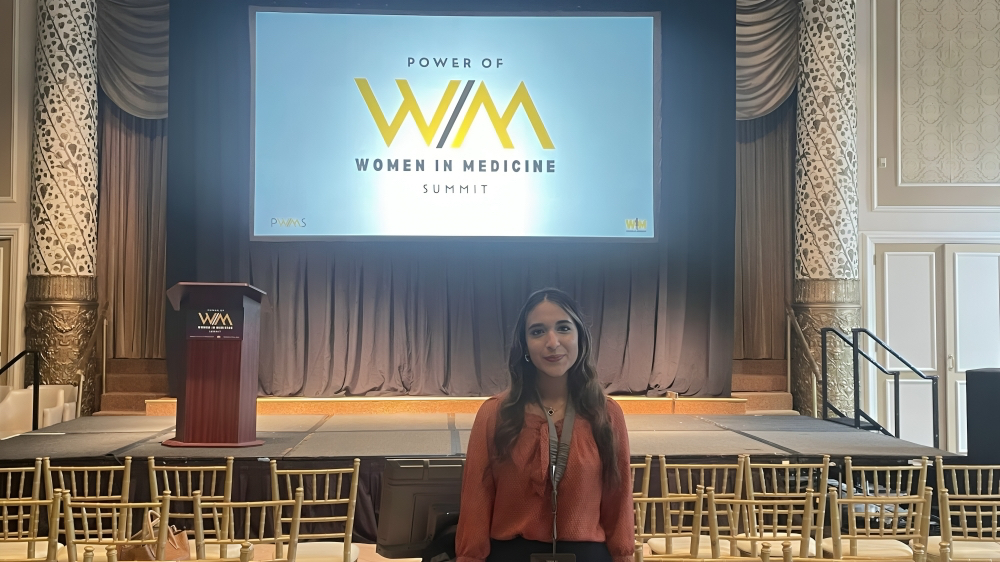Shivi Kumar, Moderator and Associate Director, Young Leaders for Arts and Health Global Summit 2025 and Director and Founder of Podcast at the Young Leaders For Arts and Health, shared a post onboard LinkedIn:
“I am deeply honored that my research was selected for presentation at the Women in Medicine Summit at Chicago, and that I was invited to join this remarkable community of leaders as a speaker. To have my work recognized in this space was both humbling and inspiring.
This incredible conference was founded by Shikha Jain, a visionary trailblazer who has created one of the most impactful platforms for elevating women’s voices in medicine. Her leadership has transformed this gathering into a movement that not only celebrates achievement, but also confronts the inequities women face in healthcare with courage and clarity.
I had the privilege of engaging with and learning from so many extraordinary physicians and thought leaders:
- Dr. Gail Rosseau, and Dr. David Sandberg, both pioneering neurosurgeons, whose dedication to global neurosurgery and health equity has changed how we think about access to care and diversity in the field.
- Dr. Ilana Yurkiewicz, oncologist, writer, and journalist, whose book and advocacy work humanize the patient experience and bring systemic challenges in cancer care to the forefront. Our conversation about my cancer research was an unforgettable highlight.
- Dr. Elisabeth Potter, and Dr. Betsy Grunch, both role models in demonstrating how excellence in clinical care can coexist with entrepreneurship, advocacy, and family. Both have been absolute importations for me!
- Dr. Adaira Landry, who spoke on the transformative power of micro-actions in building a career. Her insights on intentional personal branding, along with her book, Micro Skills,reframed how I think about growth and consistency as a young leader in medicine.
My own talk, ‘Addressing Gender-Based Disparities in Brain Tumor Therapeutics: The Case for Early Policy Intervention and Translational Reform,’ examined the epidemiology, biological mechanisms, and research gaps in glioblastoma that contribute to inequitable outcomes, also highlighted by the work done at Mind Matters Foundation. I argued that sex-stratified analyses, inclusive trial frameworks, and targeted funding reforms are essential not just for fairness, but for scientific accuracy and improved patient outcomes.
To have this platform, to present alongside such remarkable voices, and to connect with mentors who are actively reshaping medicine, was an honor I will carry with me. This conference was not just about science – it was about equity, advocacy, and the future of medicine.”

More posts featuring Women in Medicine Summit on OncoDaily.


